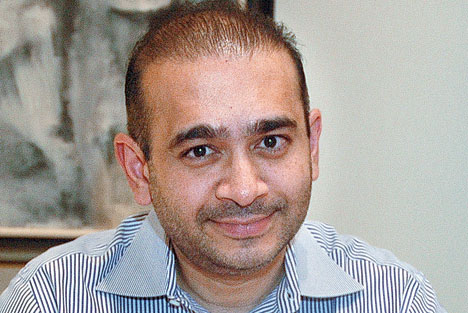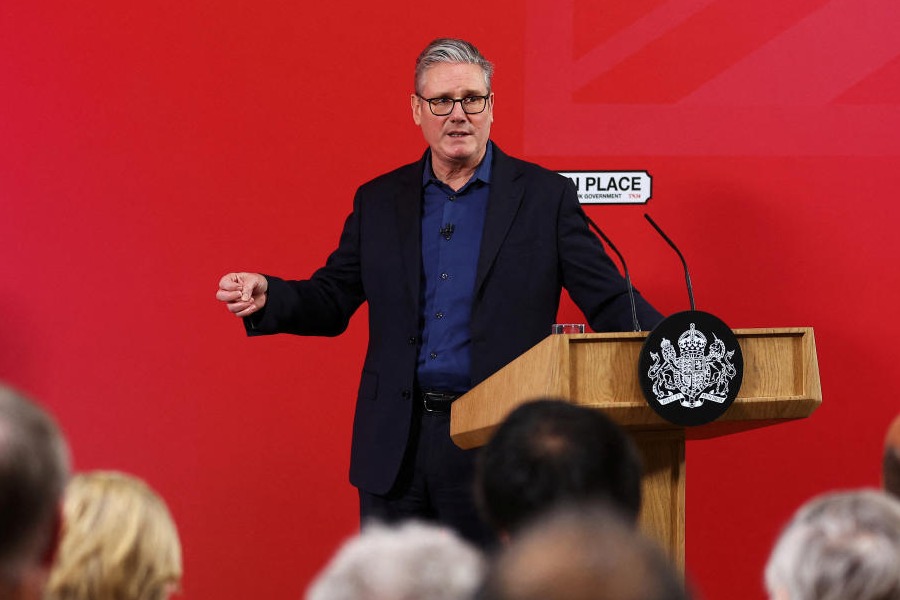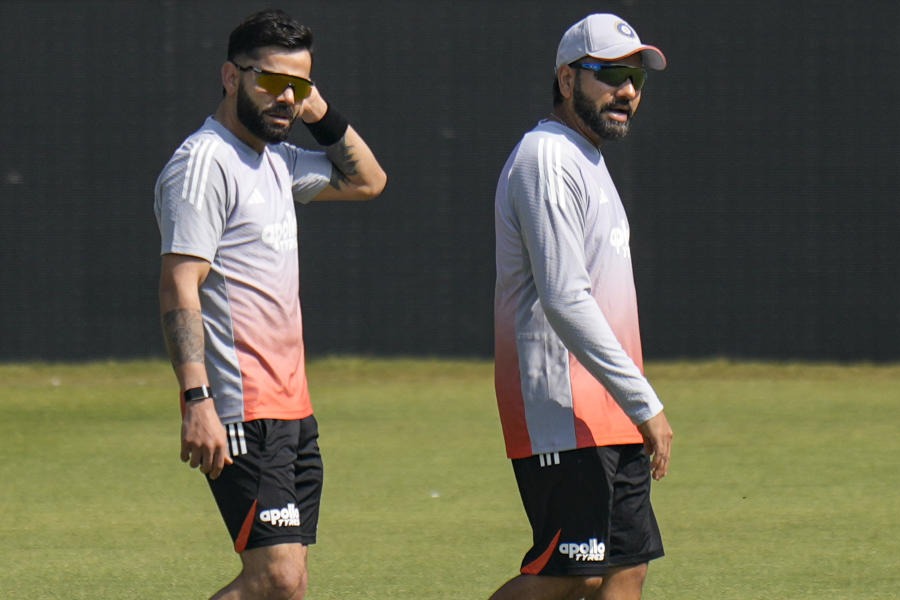
New Delhi: The UK has told India that it cannot influence the extradition of either Nirav Modi, Vijay Mallya, Lalit Modi or others as it is a purely judicial matter that will have to be decided by courts in their country and not by the government, Union home ministry sources have said.
Earlier this year India had sought Britain's help for the early extradition of liquor baron Mallya and former IPL czar Lalit, but the matter is pending in court there.
The Narendra Modi government, the sources said, is yet to send a formal request seeking the extradition of diamantaire Nirav Modi who is accused of defrauding Punjab National Bank to the tune of over Rs 13,000 crore. He is reportedly trying to claim asylum in Britain citing "political persecution".
"UK authorities have confirmed Nirav Modi's presence in their country but we are yet to get a formal intimation on this. Once we get official confirmation from them, only then India's foreign ministry will seek his extradition," a senior home ministry official said on Wednesday.
On Monday junior home minister Kiren Rijiju had held a meeting with British minister of state for counter-terrorism Baroness Williams and said later that she had confirmed Nirav's presence in her country and assured him all co-operation in extraditing him, Mallya, Lalit and others.
Sources said Williams had assured Rijiju that her government could only ensure faster processing of the extradition request and clearing other administrative bottlenecks.
The CBI, which is probing Nirav's case, has contradicted Rijiju saying the agency does not have any information about the diamantaire's whereabouts.
The agency had moved Interpol seeking the issuance of a red-corner notice against Nirav.
India and the UK had signed an extradition treaty in 1993 but not a single individual wanted by New Delhi had been extradited.
"The human rights law is very strict in the UK and the courts in that country often refuse extradition requests where a person is likely to face torture in jails if sent back. The courts also refuse extradition if it considers that the accused person is being persecuted for political reasons in his country," said a former CBI director.
During his meeting with Williams, Rijiju had tried to allay Britain's apprehensions about human rights and jail conditions in the country, saying India was a democracy and adhered to international laws.










